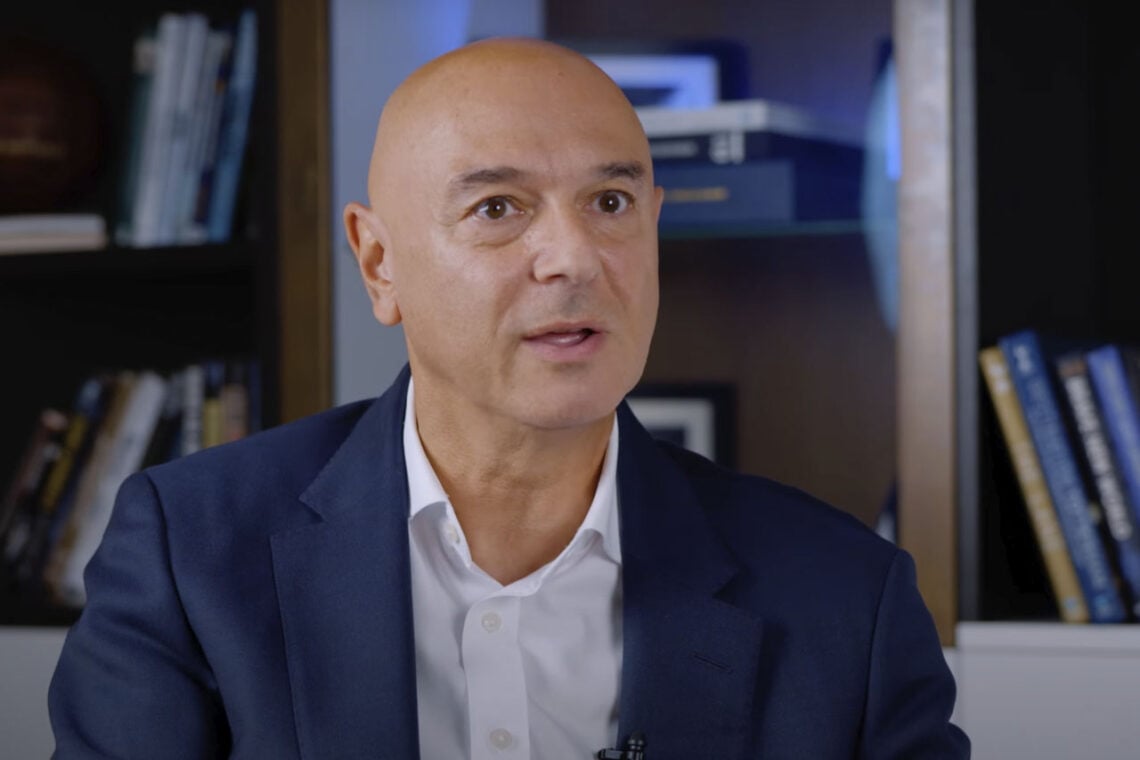Daniel Levy’s downfall at Tottenham Hotspur has been one of the most talked-about topics among fans and analysts alike.
Once regarded as one of the sharpest minds in football business, Levy’s influence and decisions have gradually eroded the trust of many supporters.
His approach, which once seemed strategic and disciplined, began to feel self-serving and misguided, ultimately leading to his exit and a deep review within the club’s structure. This reflection on his decline offers a broader lesson that extends beyond football the importance of staying focused on the greater good, not personal ambition.
In my own professional world, away from the chaos of football, I’m currently working with a brand on the launch of a new bar in Birmingham called Mason Newman’s Gunmakers Arms.
The philosophy behind this project is rooted in teamwork, respect, and purpose qualities that seem to have been missing from Tottenham’s leadership under Levy.

The message is clear: when you lose sight of your purpose and start prioritizing yourself over the collective mission, failure becomes inevitable. Levy’s downfall wasn’t simply about poor transfers or managerial changes; it was about an individual losing touch with the very essence of leadership.
Levy’s focus shifted from building a sustainable and successful football operation for ENIC to chasing personal validation and control. The damage was done not just to the brand, but also to the trust of fans, players, and managers who had once believed in the Tottenham project.
The club’s internal review and the eventual dismissal of Levy and Donna-Maria Cullen were not random acts they were the natural outcome of years of mismanagement and misplaced priorities.
As Tottenham’s structure begins to evolve under new direction, fans have been left frustrated by what they witnessed in the recent goalless draw against Monaco.
The match highlighted the cracks that remain throughout the team. While some supporters were quick to call for Thomas Frank’s dismissal, others urged patience, recognizing that he, like many before him, inherited a deeply flawed setup.
The hysteria among sections of the fanbase felt familiar the same fans who once demanded that Ange Postecoglou be given more time are now calling for change again.
It’s almost comedic how quickly opinions shift within football culture today. The constant noise, driven by social media outrage and reactive punditry, has made it increasingly difficult to distinguish genuine insight from attention-seeking nonsense.
Many voices online now represent a new form of football commentary shallow, exaggerated, and often detached from reality. It’s a sad reflection of how the sport’s discourse has evolved into an arena of shouting matches rather than thoughtful discussion.
Thomas Frank, despite his flaws, has stepped into a difficult position. Like every manager before him during the Levy era, he is dealing with an unbalanced squad that lacks depth and creativity.
Tottenham’s attack continues to look blunt, the midfield lacks urgency, and only a few players such as Mohammed Kudus show the kind of spark that could lift the team. It’s a clear sign that the structural problems within the club go beyond coaching.
For years, Levy’s transfer strategy has been scattergun prioritizing short-term PR wins over long-term footballing sense. Expensive signings who never quite fit the system became the norm.
Fans were promised evolution, but what they got was confusion. Players like Richarlison, once hyped as the next big thing for Spurs, have struggled to deliver any consistent impact. The optimism that surrounded their arrivals has turned into frustration, and the excuses have worn thin.
The consequences of Levy’s leadership extend far beyond one disappointing season or a poor performance against Monaco. They represent years of neglecting the fundamentals of club-building.
Tottenham became more about marketing and brand image than about footballing identity. The stadium, the sponsorships, and the headlines all looked impressive, but the core the team itself was left hollow.
In the end, Daniel Levy’s story is a cautionary tale. When ambition turns inward, when ego replaces purpose, and when leadership becomes about control rather than collaboration, decline is only a matter of time.
Tottenham’s current struggles are not just about missed chances or tactical missteps they are the legacy of one man’s obsession with power over progress. The lesson, both in football and beyond, is simple: stay true to your mission, trust your people, and never let personal ambition overshadow the greater good.
